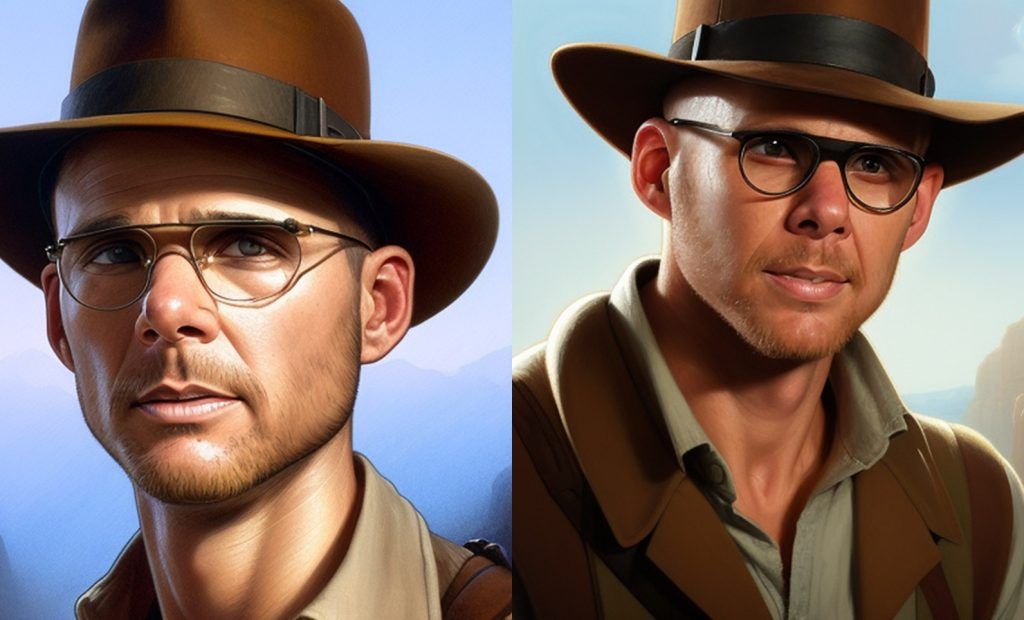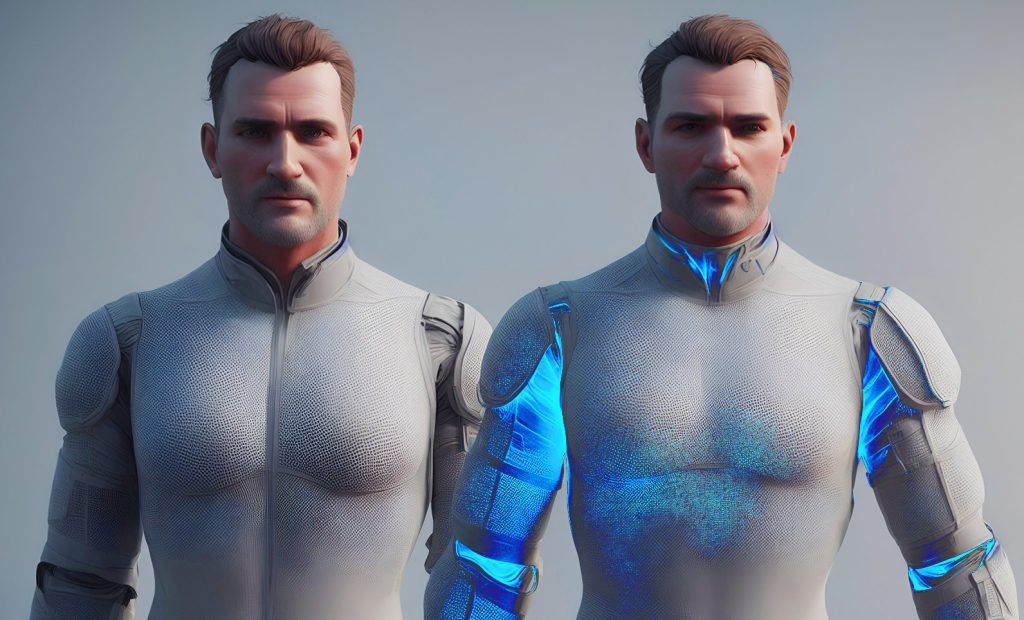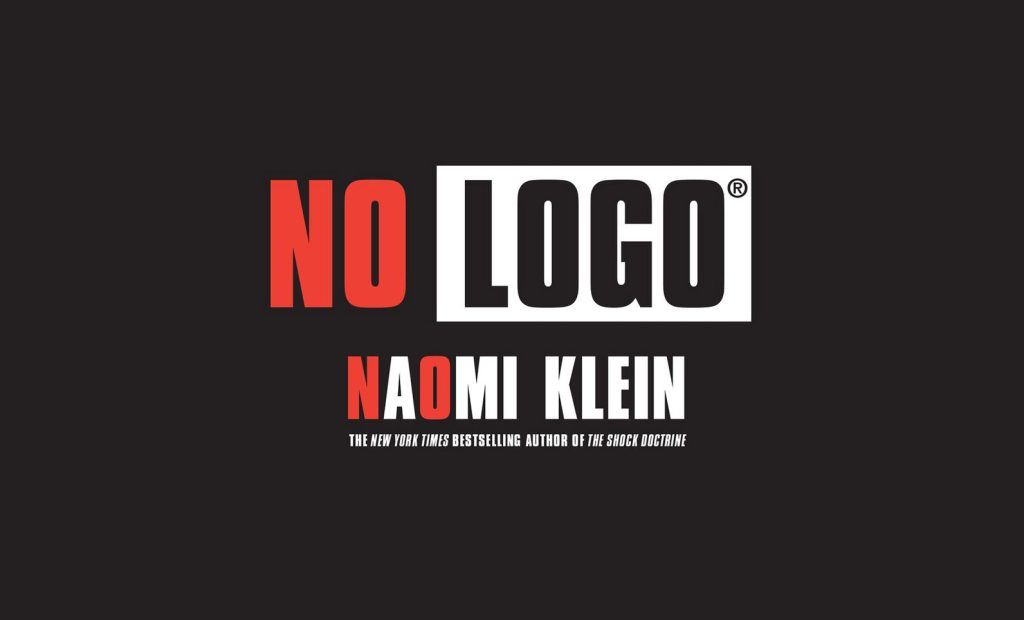What is the infinite game?
Before defining what an infinite game is, it is necessary to know its opposite, the finite game, which is what today’s society is used to “playing”.
The finite game is one that is defined by rules with an agreed goal (when it is reached, the game is over), it is played for a set time and there are winners and losers. It can be, for example, a soccer match, a competition, achieving a job status, getting a number in the bank account, etc…
On th eother hand, the infinite game, is one that has no end because its goal is an ideal that is never reached, but for which its players are willing to give all their energy. It gives a sense of WHY it exists; there are no established rules, beyond the laws of each country, you can change the way you play and break the conventions.
El juego infinito lo pueden jugar personas, marca e incluso países. Una marca que juega al juego infinito no la mueve ser la mejor, sino ser mejor.
The infinite game can be played by people, brands and even countries. A brand that plays the infinite game is not driven by being the best, but to be better.
How to identify a brand that plays the infinite game?
Great brands are the ones that think beyond the “short” versus the “long” term.
Simon Sinek
A brand that plays the infinite game does not identify with its product, it is just a tool that helps it take one more step towards a greater purpose, that cause for which it dedicates so many hours every day. Brands that play the infinite game enjoy greater collaboration, trust and innovation; there is no room for ego and competitiveness.
A brand that plays the infinite game doesn’t see money as a goal, but as a fuel that helps it continue to pursue its cause, its why.
With each achievement a little more of that purpose is revealed, the vision becomes more visible and when others can see it, it becomes real, and skeptics become believers. People feel inspired and dedicate their time and energy to help towards that purpose.
It is common to find brands that when asked the question “Why do you exist?” the answer is related to growth (“to be the best” – “to achieve x number of users or downloads” – “to exceed x million annual turnover”). Growth is a result, not a cause. Brands that are clear about their purpose or cause are those that will endure over time, that will stand out from the rest because they have a sense of being in society that goes beyond achieving short-term objectives.
It is not always important to win everything. It is important to be clear about why you are playing.
Simon Sinek
A brand with a purpose aligned with the infinite game doesn’t drift, doesn’t copy, makes decisions with consistency.
Brands that play the infinite game
Apple
Steve Jobs had it very clear, to bring technology in an accessible way to humanity. When computing was focused on companies to manage a large amount of data Steve Jobs saw in it an opportunity to empower the human being, a tool with the potential to put at the same level a multinational company and a person with an office from home.
From this cause, Apple played its infinite game beating a giant as IBM was and is. Every product it launches is created under this premise, that is why it is perceived as an innovative brand, not looking for a product that breaks all sales, but an accessible product, easy to use with which users can take advantage of technology. This can be seen in products such as the iPod, Iphone and Ipad.
Every product they launch is designed with users in mind who do not necessarily must to have tech knowledge, but still do not hinder its use.
Microsoft
Microsoft, like Apple, seeks to empower every person and company around the world by providing the tools and technology necessary to reach their full potential, but on occasion we have seen it focus more on winning finite games.
The most obvious case is when Microsoft launched the Microsoft Zune in the mid-2000s to try to compete with Apple’s iPod in the MP3 player arena. Although its device offered better features, it did not reach the iPod’s level of acceptance.
Why? Among other reasons Microsoft wanted to beat Apple with its version of Ipod, beyond offering a solution designed for the user their goal was to win the finite game with Apple, but Apple knew that their game was another one (At that time they were already working on their smart phone: Iphone).
Patagonia.
Yvon Chouinard (the founder of the brand) is an atypical entrepreneur who rejects consumerism and fights against climate change.
In 2011, during Black Friday, it launched a campaign with the message: “Don’t buy this jacket”. An invitation not to buy what you don’t really need and above all an action that made many people aware of the environmental impact generated by each press of clothing we buy. Without falling into hypocrisy, showing a reality that usually brands of the same niche tend to ignore because of the damage it generates.
The admiration for the brand, in addition to its activism and the quality of its clothes, is due to the fact that it never lost sight of its values and its purpose.
It has been almost 50 years since the birth of Patagonia and its purpose continues to grow. It is a clear example of a brand that plays the infinite game.
La Vecina
The protagonists of the infinite game do not have to be multinational brands, more local brands like the ones we find in our city also play in the infinite game, as is the case of the advertising agency La Vecina.

They wake up every morning with the purpose of walking through neighborhoods full of open stores and never see “For Rent” signs everywhere again. They empower those small brands that have a great idea or product but fail to reach their audience by finding new ways to reach people, to adapt to new consumer demands and the new consumption model.
True to their purpose, they do not work with brands that are not aligned with their way of seeing the world. They fight for an idea that is even above them.
In short
This article has been inspired by the book “The Infinite Game” by Simon Sinek. If you want to go deeper into this topic, I recommend you to get it.

The infinite game can be extrapolated to the personal sphere, not only to brands. If each of us knows our cause or purpose (infinite game) that drives us to get up every morning, we will be aligned with ourselves, and successes or failures (finite game) will be mere anecdotes along the way. Finding that WHY is an exciting task that will make us live in a full and in tune way.
Categoría/s: Opinion









Leave a Reply